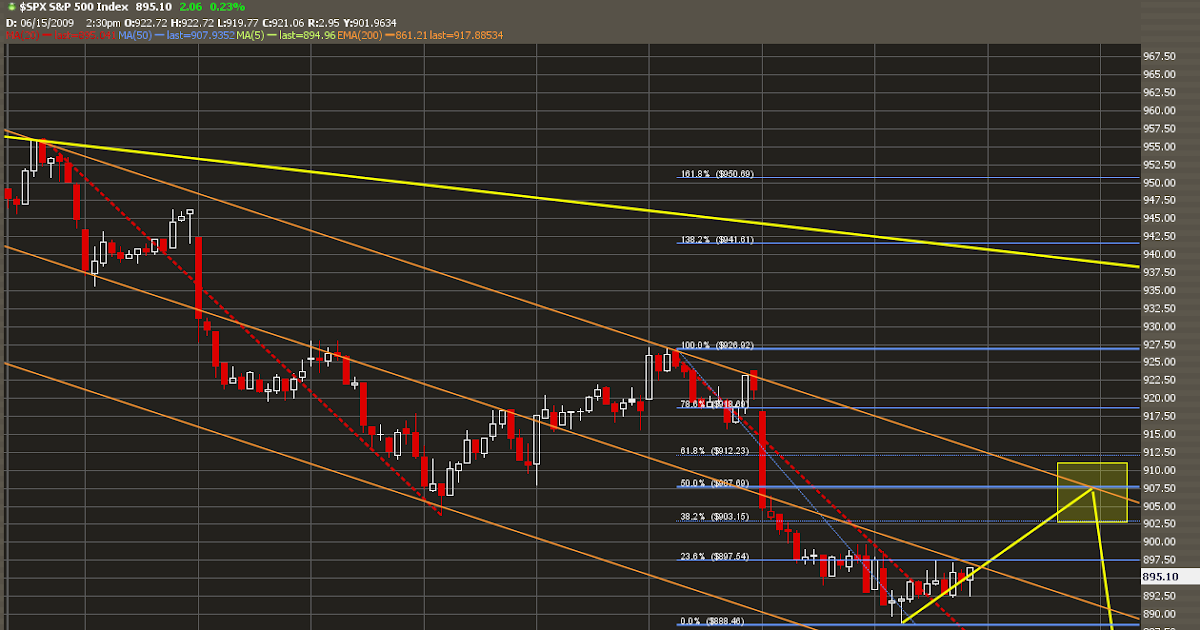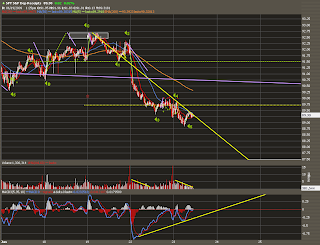Welcome to our comprehensive guide on day trading, where we will explore the basics of this exciting investing strategy, its pros and cons, how to choose the right platform, essential tools for success, learning resources, common mistakes to avoid, tips for developing a successful strategy, real-life success stories, and key takeaways.
Whether you are an experienced investor or just starting out in the world of investing, this article will provide you with valuable insights and new information to help you navigate the world of day trading.
The Basics of Day Trading
Day trading is a dynamic and fast-paced trading strategy that involves buying and selling financial instruments within the same trading day. Unlike long-term investors who hold their positions for extended periods, day traders aim to profit from small price movements within a single day.
To carry out successful day trading, traders employ various technical analysis tools and strategies. These tools help them identify short-term price patterns and trends, enabling them to make quick decisions about entering or exiting positions.
Day traders often focus on highly liquid assets such as stocks, currencies, or commodities that allow for swift execution of trades.
The popularity of day trading has surged in recent years due to its potential for high profits in a relatively short period. This approach appeals to individuals seeking significant returns on their investments without requiring substantial capital.
Moreover, advancements in technology have made it easier for retail investors to access markets and execute trades rapidly.
In summary, day trading is an exciting and potentially lucrative strategy that involves buying and selling financial instruments within a single trading day. By utilizing technical analysis tools and focusing on liquid assets, day traders aim to capitalize on short-term price movements.
The appeal of day trading lies in its potential for high profits and accessibility to retail investors through technological advancements.
The Pros and Cons of Day Trading
Day trading has both advantages and disadvantages that should be considered before engaging in this fast-paced form of investing.
Advantages:
– Potential for high profits: Day traders can capitalize on small price movements throughout the day, potentially earning higher returns compared to long-term investing.
– Flexibility and independence: Day traders have the freedom to work from anywhere with an internet connection and set their own schedules.
– Opportunity for quick learning: Day trading requires active decision-making and constant monitoring, allowing traders to improve their skills rapidly.
Disadvantages:
– High risk and potential losses: Day trading involves significant risks, including the potential for substantial financial losses. Risk management is crucial through stop-loss orders and diversification.
– Emotional toll and stress: The fast-paced nature of day trading can lead to emotional decision-making, negatively impacting performance and mental well-being.
– Time commitment and constant monitoring: Successful day traders need to dedicate a significant amount of time to research, analysis, and market monitoring throughout the trading day.
It is important to carefully weigh these pros and cons before embarking on a day trading journey.
Choosing the Right Day Trading Platform
Selecting the right day trading platform is crucial for success. Factors to consider include a user-friendly interface, reliable real-time data, and accessible customer support. Popular platforms like Platform A offer advanced charting tools and customizable interfaces. Platform B is known for its user-friendly interface and educational resources.
Platform C appeals to both beginners and experienced traders with robust order execution capabilities and technical indicators.
In summary, the right day trading platform provides essential features for efficient trades. Consider factors such as user-friendliness, reliable data, and customer support when choosing a platform that suits your needs. Platforms like A, B, and C offer distinct advantages depending on your experience level and preferences.
Essential Tools for Successful Day Trading
Successful day trading relies on essential tools that aid in making informed decisions and managing risks. These tools can be categorized into two main areas: technical analysis and risk management.
Technical analysis tools, such as candlestick charts, help identify price patterns like reversals or trend continuations. Moving averages smooth out price data to identify potential reversals or support/resistance levels. The Relative Strength Index (RSI) indicates if an asset is overbought or oversold.
Risk management strategies are crucial for protecting capital. Setting stop-loss orders limits potential losses by automatically selling a position at a predetermined price level. Diversifying portfolios across different assets reduces exposure to single investment risks.
Managing position sizes based on risk tolerance ensures trades don’t disproportionately impact performance.
In summary, successful day trading requires utilizing technical analysis tools and implementing effective risk management strategies to make informed decisions and safeguard against potential losses.
Learning Resources for Aspiring Day Traders
As an aspiring day trader, there are various learning resources available to help you succeed in this dynamic field. Books such as “A Beginner’s Guide to Day Trading Online” by Toni Turner and “Day Trading and Swing Trading the Currency Market” by Kathy Lien provide valuable insights into day trading fundamentals.
Online courses like Investopedia’s “Become a Day Trader” and YouTube channels like “Warrior Trading” and “The Chart Guys” offer interactive lessons and video tutorials. Additionally, joining online communities such as Reddit’s r/DayTrading and the Elite Trader forum allows you to connect with experienced traders and gain real-life insights.
Stay tuned for Part 2, where we will delve into common mistakes to avoid, tips for developing successful strategies, real-life success stories, key takeaways, and more.
Let’s embark on this exciting journey together!
[lyte id=’bUBXwC3YwbE’]




